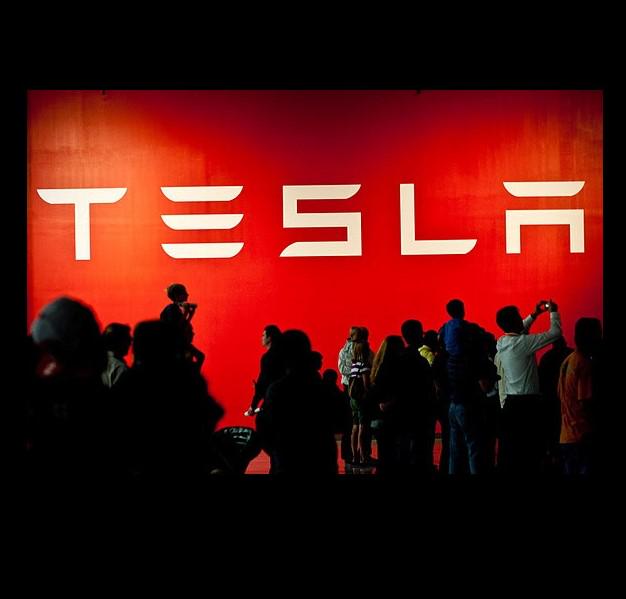Six months on, he has cut his daily power bill by nearly 90 per cent and said his family had become “smarter” with their use of appliances.
“I have absolutely no regrets,” Mr Pfitzner told 702 ABC Sydney from his home in the Hills district.
“The battery performance is still what it was on day one, and we’ll be keeping an eye on that over the coming years.
“I’ll consider more panels and another battery in a few years.”
Mr Pfitzner was the first person in Australia to have the much-hyped Tesla Powerwall installed.
Tesla is one of a large number of companies offering grid-connected home batteries, according to James Martin from solar and battery comparison service Solar Choice.
But Mr Martin cautioned battery units, which are charged using renewable sources such as solar and wind, were still a costly option.
“The thing that is common to these battery banks is they still don’t make sense from a pure financial perspective,” he said.
“Pretty much none of them will pay for themselves before the warranty expires.”
Mr Martin said the cost of solar battery products ranged on average between $1,500 and $2,000 per kilowatt hour.
The Pfitzners spent $16,000 installing solar panels and their home battery system which can hold 7 kilowatt hours of power.
His last electricity bill had reduced from $5 to $6 per day to just 59 cents.



